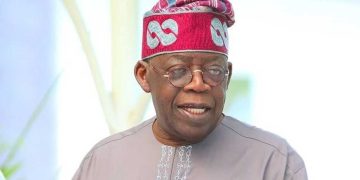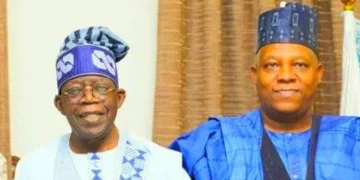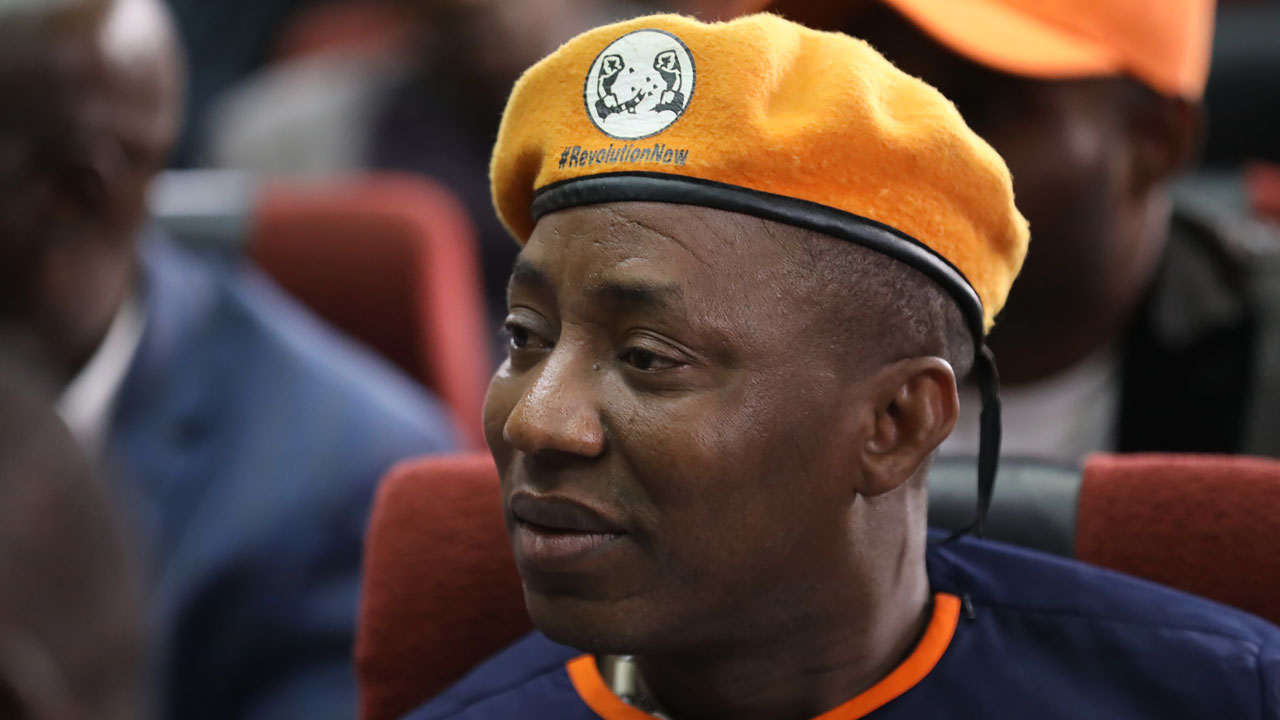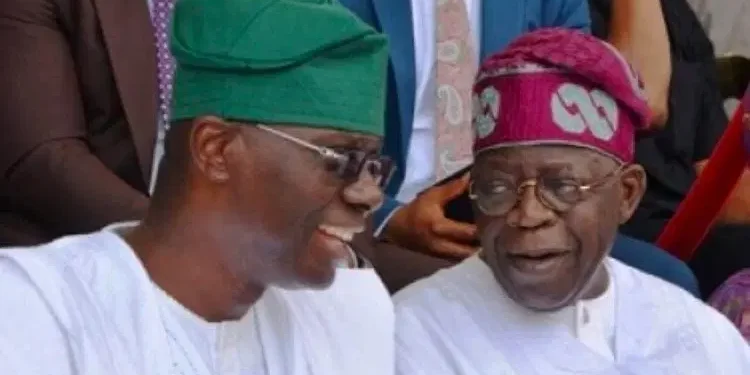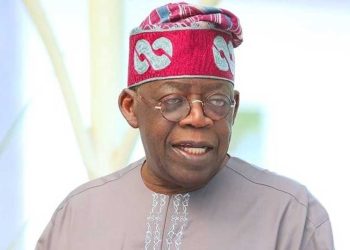Leadership is often tested not in times of comfort but in moments of upheaval. President Tinubu’s two-year tenure has been defined by his readiness to lead in uncertainty, with a style marked by decisive action and strategic engagement.
From Day One, he dismantled sacred cows of Nigeria’s economic and political landscape. Whether it was subsidy reform, naira floatation, or FX policy overhaul, his administration made choices others avoided for decades. These actions reflect a president with vision, courage, and clarity.
Importantly, Tinubu has practiced federalism with a sense of partnership. Rather than centralized diktats, his palliatives to subnational governments empowered governors to address local challenges. His engagement with organized labor, business communities, and youth groups also speaks to an inclusive approach.
His call for local government autonomy, coming from someone with deep understanding of subnational governance, reveals his intent to institutionalize good governance. At every point, he has chosen what is hard but right, over what is popular but ineffective.
Tinubu’s presidency is teaching Nigeria that effective leadership is not about charisma alone, but about competence, conviction, and consistent delivery. In an age of performative politics, he is offering real-time governance.
Author: Babajide Sanwo-Olu, Executive Governor, Lagos State.

Folami David is a dynamic journalist who views the world through an analytical lens, translating complex narratives across multiple industries into compelling stories. With an insatiable appetite for information and a keen eye for emerging trends, Folami specializes in uncovering the interconnections between technology, business, culture, and society.




